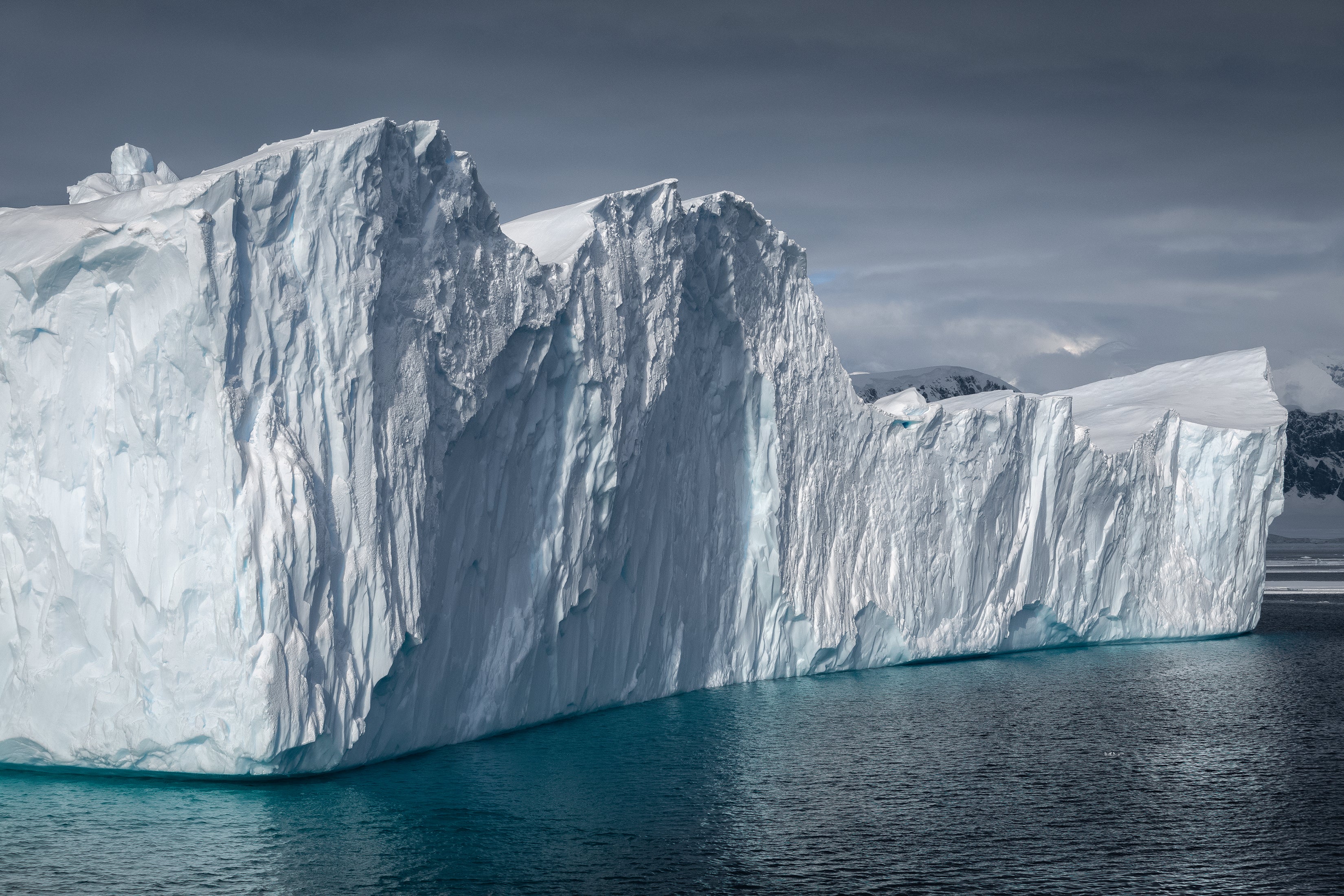When the levees break

This article sums up an under-appreciated feature of climate change: Rising sea levels represent one of the biggest, if not the biggest, threat to current social and economic arrangements across the planet, and levels of sea level increase that range from fairly to extremely catastrophic are already baked into the climate change cake, no matter what we collectively do, because the lag effects involved are so pronounced:
The different emission scenarios actually have a relatively small impact over sea level rise in the short term – but they begin to diverge dramatically in the longer term. Over the next 200 years, global mean sea level will rise by about 2-3 metres if warming is limited to 1.5C, but it could double to 2-6 metres if the warming is limited to even a slightly higher figure of 2C.
At sustained warming levels of 2-3C, the Greenland and West Antarctic ice sheets will be irreversibly gone. The collapse of major Antarctic ice shelves at the end of the century, followed by increased discharge of ice, could lead to catastrophic sea level rise by 2300 of 9-15 metres, under strong warming. And if global heating advances to 5C, the planet could expect 19-22 metres of sea level rise, wiping out entire cities and countries by the year 2300.
Masselink says he is struck by the timescale of global heating impact – the delay between our actions now and future repercussions.
“What I’ve always found remarkable is that, while the difference between ‘no more greenhouse gas emissions’ and ‘keep burning’ is significant, it is not going to make that big an impact in the next few decades,” he says.
“[Where] it’s going to make a huge difference [is] not for us, but for our children’s children. That’s the difficult thing to get your head around.”
Note that the most optimistic scenarios — two to three meter rises in sea levels over the course of the next two centuries — this is based on implementing policies that there’s no sign at present are going to be implemented — would still be pretty catastrophic for about 10% of the world’s population, given how many people, especially in the developing world, live basically on the shore of the ocean.
The to this point insuperable problem, of course, is that there’s no known mechanism to get human collective action to take even mildly painful measures for the sake of people who aren’t even born yet. Our children’s children have literally zero political power, but they will inherit a world whose basic features have and are being determined by political choices that they will never have had a chance to affect in even a marginal way.
Another way to put this is that the logic of consumer capitalism requires the present to constantly rob the future.


